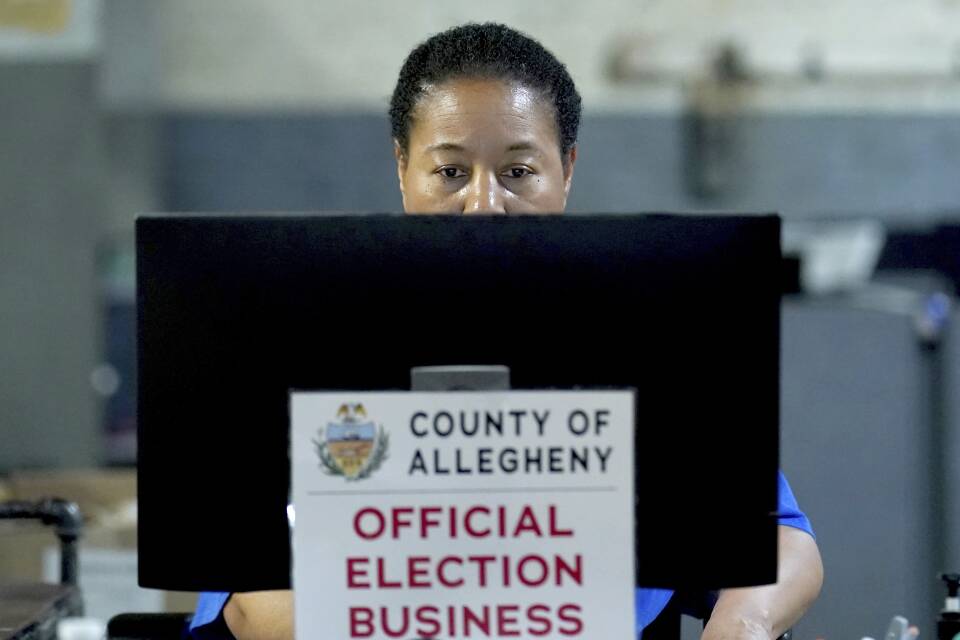The vast majority of U.S. voters get registered by jotting down their home address. But what about the people without a permanent home?
Among Boston’s voter rolls are people currently staying at Pine Street Inn, New England’s largest homeless services provider. Glendoria, who asked that we not use her last name, is one of them.
“They’ve both got some rotten apples in their barrels, you know what I’m saying? As everybody does,” Glendoria said, referring to presidential candidates Kamala Harris and Donald Trump. “But somebody’s gotta win.”
With just a week to go until the election, Glendoria still hadn’t made a choice between Harris and Trump. But she wants to make sure her vote counts.
People without a permanent residence face unique hurdles to voting, including awareness.
Barbara Trevisan, a staff member at Pine Street Inn, said a common misconception is that if you’re dealing with homelessness, then you can’t vote.
“And the fact is you can use the shelter as your address to vote,” she said. “We do make sure that our guests are aware of that.”
The polling place for the Pine Street Inn is just down the street. And while Trevisan doesn’t have an exact number of how many people at Pine Street are voting, she believes there’s a general sense of how much is at stake in this election.
Pine Street has done its part to register voters. Just last month Lt. Gov. Kim Driscoll spoke at an event hosted by Pine Street to encourage folks to register.
But complications remain for some of the folks dealing with homelessness.
“Some people are lacking documentation or haven’t registered in a long time, so that can be a bit more challenging,” Trevisan said.
That’s precisely what Richard Crandell, another resident at the shelter, is facing. He’s missing his birth certificate and is not registered to vote. But even if he had that, he would still probably opt out.
“It’s really not a big deal to me,” he said. “‘Cause whoever’s in there, it’s all gonna be the same. Like, come on, you know what I mean?”
Others like Alex Figueroa are looking forward to casting their votes. His biggest focus is simply having his voice heard.
“[Just] because we are in a shelter that [doesn’t] mean that we cannot go and vote, that we don’t know what we’re doing,” Figueroa said. “I’m gonna vote because I know that they need my vote.”

As Glendoria sits just outside a common area at Pine Street, she admits that she’s a little anxious about the election. The grandmother of 13 has been at the shelter going on three years and dreams about being able to leave someday soon.
She hasn’t yet decided which candidates she’ll cast her ballot for, but she is certain of the number one issue she cares about: housing.
Produced with assistance from the Public Media Journalists Association Editor Corps funded by the Corporation for Public Broadcasting, a private corporation funded by the American people.








